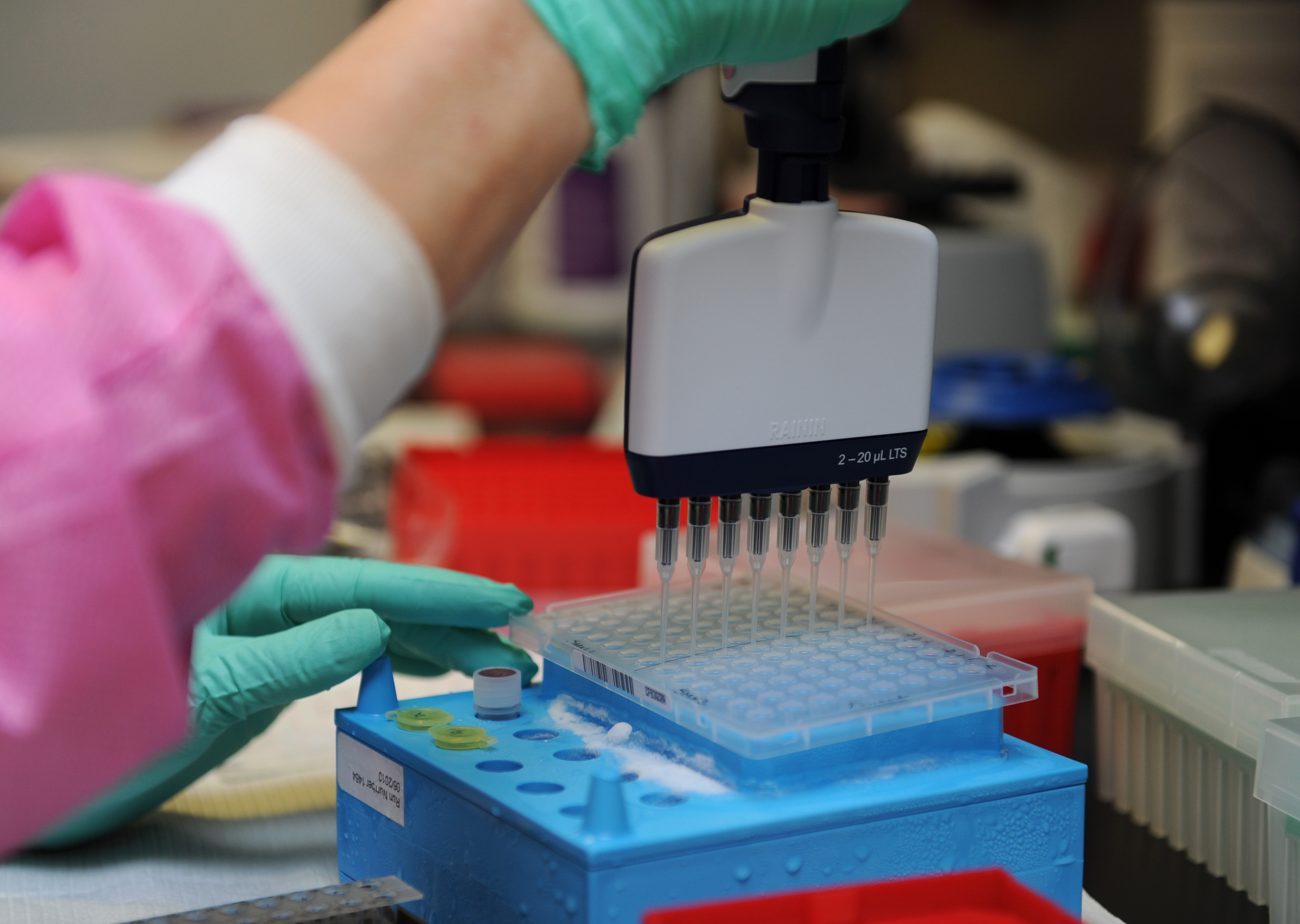Aggregated News

The Royal Society has recently published the results of an extensive survey of the attitudes of the general public to genetic modification. This sent my mind back to 1990, when the human fertilisation and embryology bill was going through parliament.
The emphasis, at least in the House of Lords, where the bill started, very soon switched from remedies for infertility to the new concept of eliminating some heritable diseases. IVF could be used to select embryos in the laboratory that did not carry the disease and implant one or two of those in the mother’s uterus. At the time, it was also speculated that one day it might be possible to eliminate a faulty gene from a live embryo after a pregnancy had been established, rather than at the pre-implantation stage.
I remember being astonished by how little this had to do with infertility, which was, after all, in the title of the bill, and what the committee I chaired had been set up to consider.
It came about almost entirely because of the enthusiasm of a then newly...



